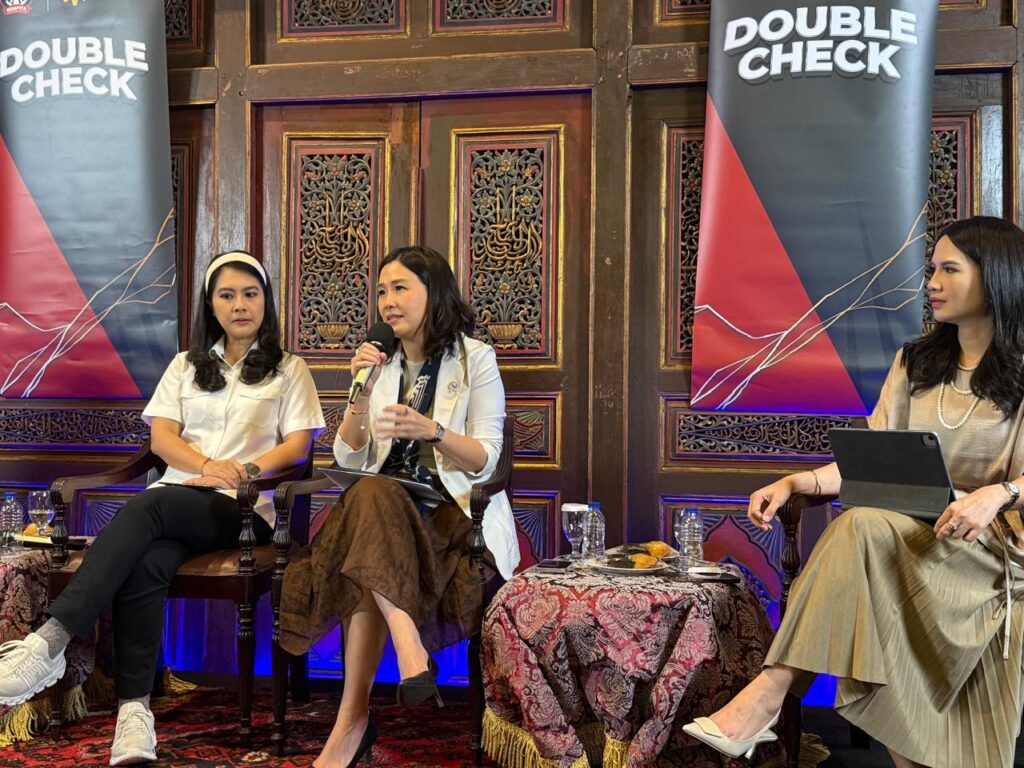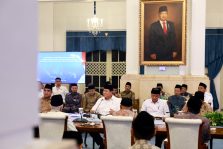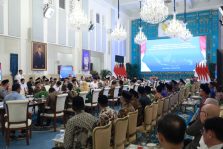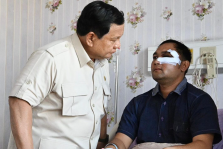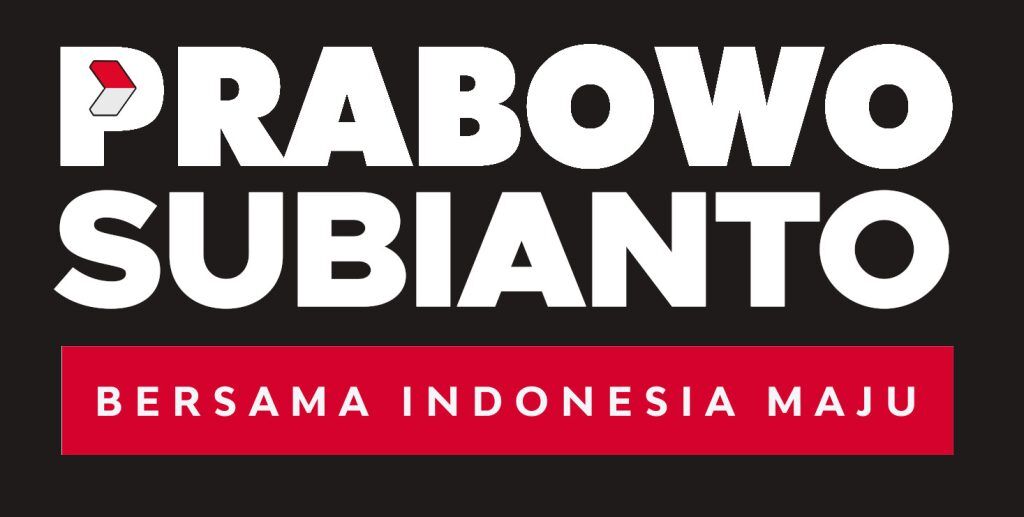Jakarta — All Quick Impact Programs (PHTC) are proof that the state is present for its people, according to Chacha Annisa, Senior Expert Staff at the Presidential Communication Office (PCO). She made the statement during the “Double Check” discussion themed “The Role of Family Development in Welcoming Indonesia Emas 2045.”
Chacha explained that every government program rolled out since January — including Free Nutritious Meals (MBG), Free Health Checks (CKG) followed by School-Based Free Health Checks, Sekolah Rakyat (People’s School), School Renovation and Revitalization, Digital Learning, and the Merah Putih Village/Neighborhood Cooperatives — is designed to benefit families. But for these programs to run smoothly, she stressed, families must play an active role.
She recalled her own experience monitoring the School-Based Free Health Checks alongside the Ministry of Health.
“Once the students are listed, the parents are informed and educated first — so when health workers from the community health center arrive, the kids don’t run away,” she said with a smile.
Chacha also noted how the CKG program has sparked healthy competition among students. For example, some children now make sure to eat breakfast so they have the energy to run, while others have decided to reduce their screen time after discovering that their eyesight was not optimal during the check.
Chacha also outlined several achievements under the PHTC initiative. The Free Nutritious Meals (MBG) program has established 4,424 Nutrition Service Units (SPPG), reaching 8.2 million beneficiaries and creating 82,000 jobs. The Free Health Checks program has registered 17.6 million people, with 12.7 million already examined. The first phase of the Sekolah Rakyat (People’s School) program targets 159 schools and currently serves 5,665 students. A total of 81,500 Merah Putih Village and Neighborhood Cooperatives have been formed. Meanwhile, the school-based CKG program has checked the health of 34,542 students in just three days.
“These are not just numbers,” Chacha emphasized. “They reflect the government’s seriousness and the tangible presence of the state in people’s lives.”

